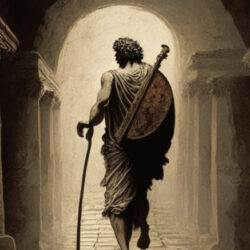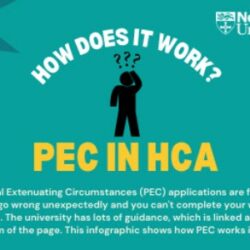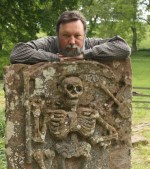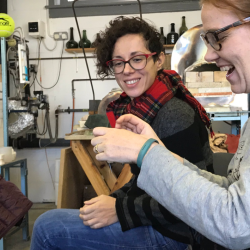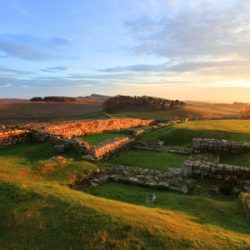Pottery for Promoting Honest Wellbeing Discussions
PGR colleagues Jerome Ruddick and Elly Polignano designed a wellbeing workshop to tackle mental health issues within academia for PGRs both within Newcastle’s History, Classics and Archaeology department, and beyond, in other northern universities.
In this case study Jerome discusses how a hands-on, creative pottery making activity became a highly successful part of the workshop, creating a calming environment providing mental and physical respite, allowing PGR students to disassociate from their own thoughts, engage with their peers, and practice self-evaluation by engaging with wellbeing questions on a deep level.



